Back in March, we attended the GO Diving Show at the National Agricultural and Exhibition Centre, Warwickshire. If you haven’t been already, it’s a great event for networking, planning your next trip and to see all the new shiny stuff that will appear in a local dive centre near you.
Reconnecting with Divers: Encounters and Questions
For us, it was a great opportunity to catch up with divers who had previously been treated by ourselves, attended for a dry dive, as well as some divers we had never met before, some of whom didn’t know we existed. The staff on the stand often got repeat questions regarding fitness to dive, medical conditions and when we are running more 50m Dry Dive experiences.
The Increasing Awareness about Fitness to Dive
Fitness to dive has been known to be discarded by some divers, but for others, it’s a major concern. It is good to report that there has been an increase in diver health awareness and the request for diving medicals, especially as the understanding of what ‘Fit to Dive’ means has grown.
However, most of these medical requests have been booked because the diver has ticked a ‘yes’ on their selfcertification form, not because they want to keep an eye on their own diving health. Any diver can book a medical without a health condition at any time, something we should think about as we progress through our diving careers.
Understanding the Self-certification Process for New Divers
All new divers have to fill in a self-certification form before they start their intended course. If a ‘yes’ has been ticked in the health questions section, then a visit to a Diving Physician is required to assess your fitness for diving. It is very rare that you will receive a ‘no’, advice will always be shared to help you meet the goal of you going diving. Your own doctor is not qualified to do this, as the sport requires a specialist assessment.
Guidance from UKDMC on Diving and Health Conditions
UKDMC (UK Diving Medical Committee) have some great advice on health conditions that affect the participation in scuba diving. They are the medical advisors to BSAC (British Sub-Aqua Club), SAA (Sub-Aqua Association), and SSAC (Scottish Sub-Aqua Association). The RSTC (Recreational Scuba Training Council) Medical statement was revised and released in 2020 and is widely used by other training agencies, including PADI.
Age and Health: The Changing Paradigm for UK Divers
The average age of the UK diver is regarded as still high and there are many individual divers who are not doing any training courses, or are attached to a club or a dive centre, so they won’t be required to do a health self-certification. Is this a worry? Yes potentially, we should all be encouraging each other to get checked out. If the covid pandemic taught us anything, it is that our health is important and to look after it.
Assessment Criteria: From Diabetes to Prescription Drugs
Some of the conditions that are listed for assessment are Diabetes, Respiratory and Cardiovascular. What we deemed as normal health when we began our diving careers in our 20s changes as we get older – even a rise in blood pressure is a cause for concern for diving activities. In conversations with divers about their BP (blood pressure), they claim their readings are in normal range 90/60 – 120/80 mmHg. However, when questioned further, they take prescription drugs to achieve that. Some prescription drugs are not compatible with scuba diving and a medical assessment will be required.
Embarking on the UK Diving Season Safely
The UK diving season is well under way, so please take care when exploring our amazing underwater world. If you have any medical questions or would like to book a Fit to Dive or a HSE medical, please contact us here at the Midlands Diving Chamber.

Emergency tel no: 07931 472602 | Landline: 01788 579555
www.midlandsdivingchamber.co.uk
Midlands Diving Chamber, Redmond House, Hospital of St Cross, Barby Road, Rugby, Warwickshire, CV22 5PX
This article was originally published in Scuba Diver UK #73.
Subscribe digitally and read more great stories like this from anywhere in the world in a mobile-friendly format. Link to the article
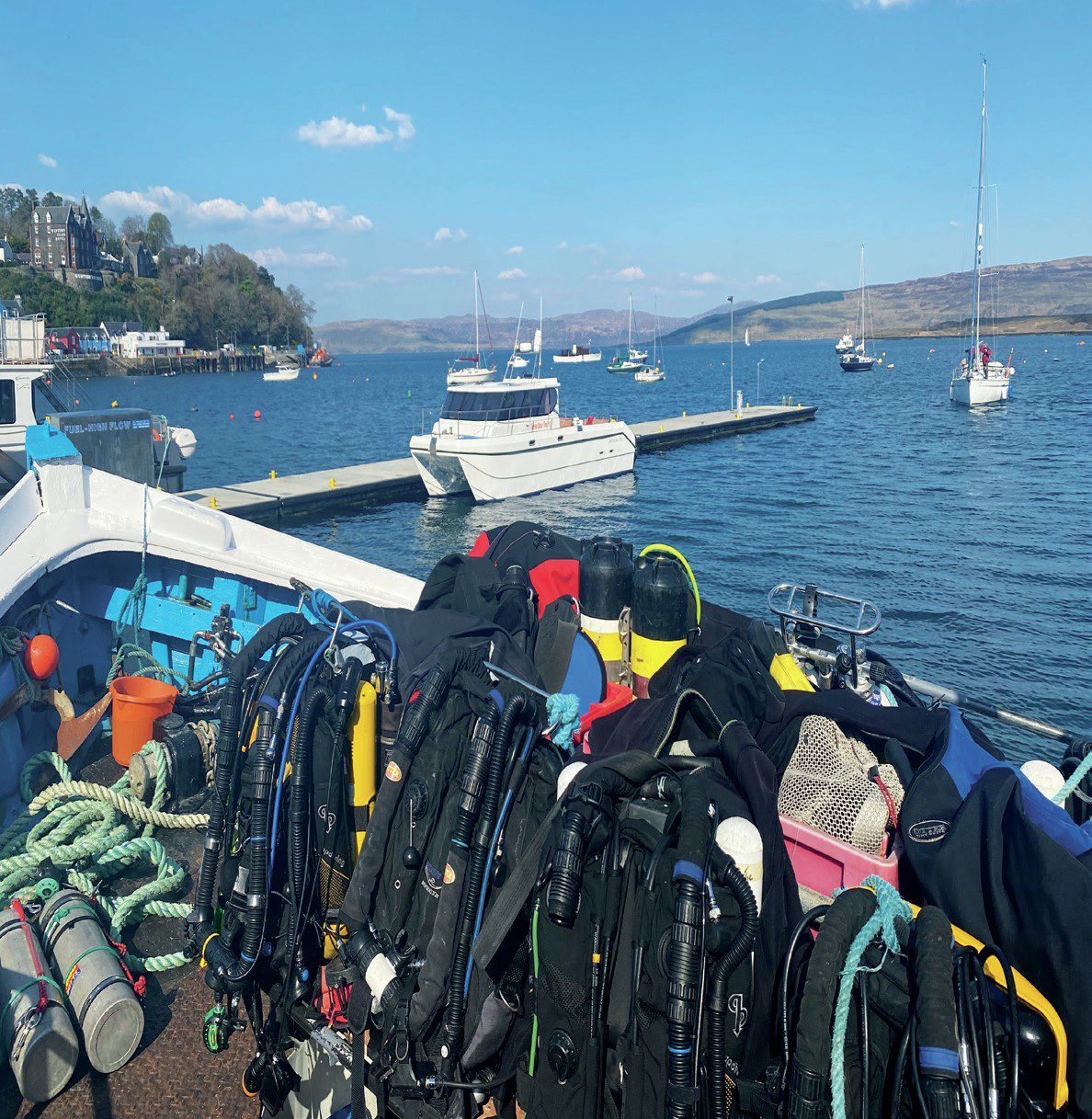


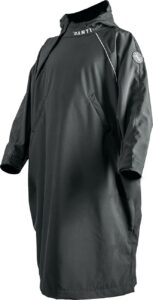
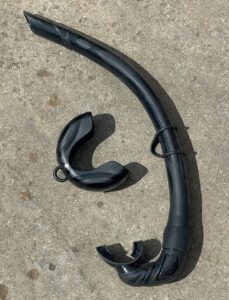
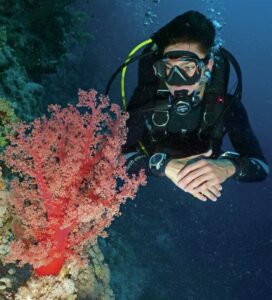


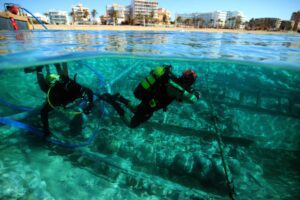
I completely agree with your perspective on how maintaining optimal health contributes significantly to the overall safety and enjoyment of diving. Regular medical checks not only help identify potential risks or underlying health issues but also ensure that divers are physically prepared for the demands of the underwater environment.